When we think about healthcare staffing, our minds often go directly to doctors, nurses, and other medical professionals. However, non-medical staff play an equally vital role in the overall well-being and quality of life for patients, especially those receiving care at home or in long-term care facilities. This blog explores the importance of non-medical staffing and how these professionals contribute to a holistic care experience.
Understanding Non-Medical Staffing
Non-medical staffing includes a wide range of professionals who provide essential support services that are not directly related to medical treatment but are crucial to the comfort, safety, and emotional well-being of patients. This group typically includes:
- Certified Nursing Assistants (CNAs): Assist with daily activities such as bathing, dressing, and eating, helping patients maintain their dignity and independence.
- Home Health Aides (HHAs): Provide personal care, companionship, and assistance with household tasks, ensuring patients can live comfortably at home.
- Geriatric Nursing Assistants (GRUAs): Specialize in elderly care, offering tailored support to meet the unique needs of older adults.
These roles are foundational to the daily operations of healthcare settings, from private homes to residential care facilities. While they may not be responsible for administering medication or managing complex medical procedures, their work is indispensable to patient care.
Why Non-Medical Staff Are Essential
Non-medical staff are often the unsung heroes of the healthcare industry. Here’s why their contributions are so important:
- Personalized Care: Non-medical staff often have more one-on-one time with patients, allowing them to build strong relationships and understand the unique preferences and needs of each individual. This personalized attention can lead to better overall care and improved patient satisfaction.
- Emotional Support: Many patients, particularly the elderly or those with chronic illnesses, experience loneliness and isolation. Non-medical staff provide much-needed companionship, offering emotional support that is just as important as physical care.
- Maintaining Independence: By assisting with daily activities, non-medical staff help patients maintain their independence and dignity, which can have a significant impact on their mental and emotional well-being.
- Relief for Families: Non-medical staff offer crucial respite for family caregivers, allowing them to take breaks, manage other responsibilities, and reduce the risk of burnout. This support is invaluable for families who are juggling the demands of caregiving with work and other commitments.
- Safety and Comfort: Non-medical staff play a key role in ensuring the safety and comfort of patients, from helping to prevent falls to assisting with mobility. Their presence can make a home environment safer and more conducive to recovery or long-term care.
The Growing Demand for Non-Medical Staffing
As the population ages and more people choose to receive care at home rather than in institutional settings, the demand for non-medical staffing is increasing. This trend underscores the need for highly trained, compassionate professionals who can provide the necessary support to enhance the quality of life for patients.
For healthcare facilities and home care providers, partnering with a reputable staffing agency is essential to meeting this growing demand. A good agency will not only provide qualified and experienced non-medical staff but also ensure that these professionals are a good fit for the specific needs of each patient.
Choosing the Right Non-Medical Staff for Your Needs
When selecting non-medical staff, it’s important to consider both the qualifications of the individuals and the reputation of the staffing agency. Here are a few tips to keep in mind:
- Look for Compassion and Empathy: Beyond skills and experience, non-medical staff should possess a genuine passion for caregiving and a deep sense of empathy. These qualities are critical in providing the emotional support that many patients need.
- Check for Compatibility: The relationship between the patient and caregiver is crucial. Ensure that the agency takes the time to match staff with patients based on personality, communication style, and specific care needs.
- Evaluate Training and Support: Non-medical staff should receive ongoing training to stay updated on best practices in caregiving. Additionally, the staffing agency should offer support to both the caregivers and the families they serve, ensuring a positive and effective care experience.
Conclusion
Non-medical staffing is an essential component of the healthcare system, providing critical support that enhances the quality of life for patients and their families. As the demand for these services grows, it’s more important than ever to ensure that patients have access to skilled, compassionate non-medical professionals who can deliver the personalized care they deserve.
Are you in need of non-medical staffing solutions? At Fatty Medical Staffing Agency, we are committed to providing top-notch non-medical staff who are trained, compassionate, and dedicated to improving the lives of those they care for. Contact us today to learn more about how we can support your needs.



